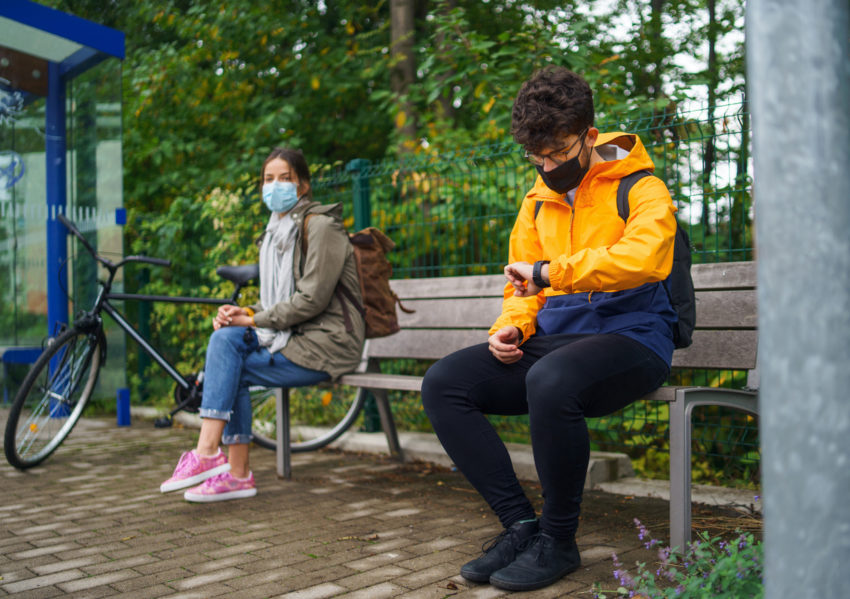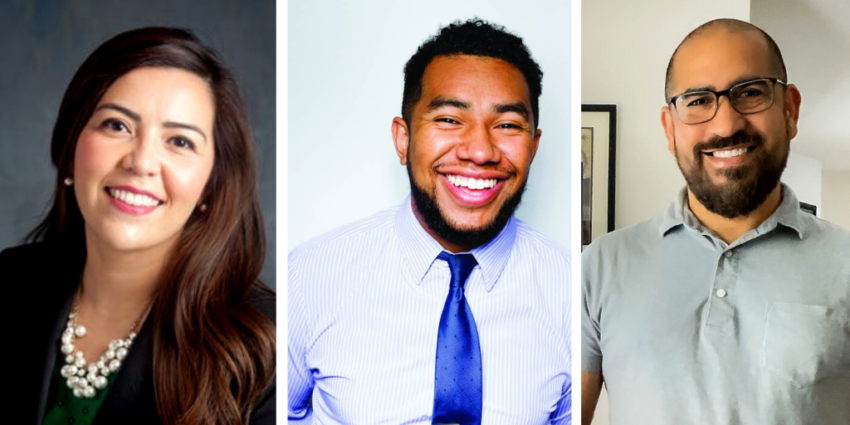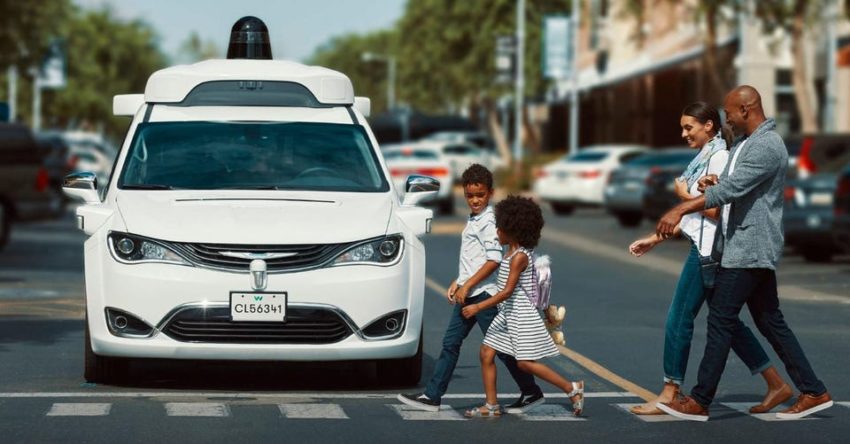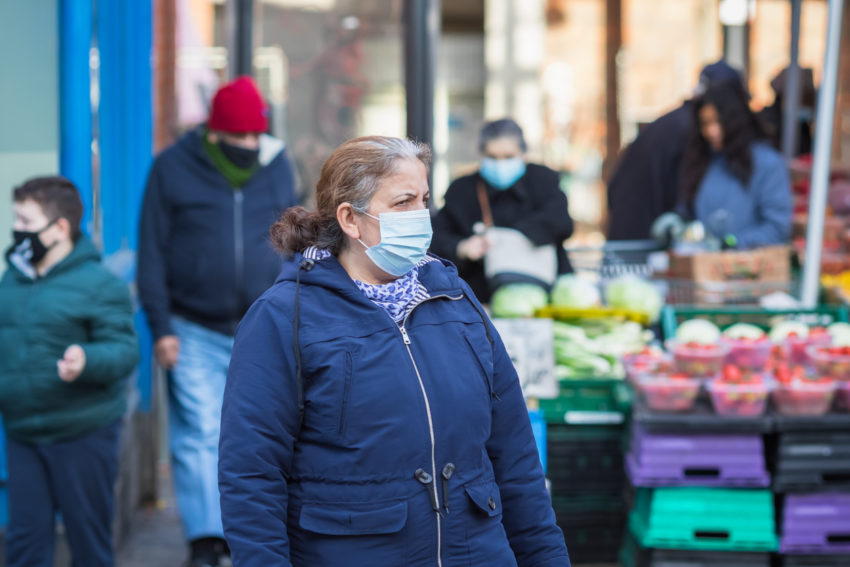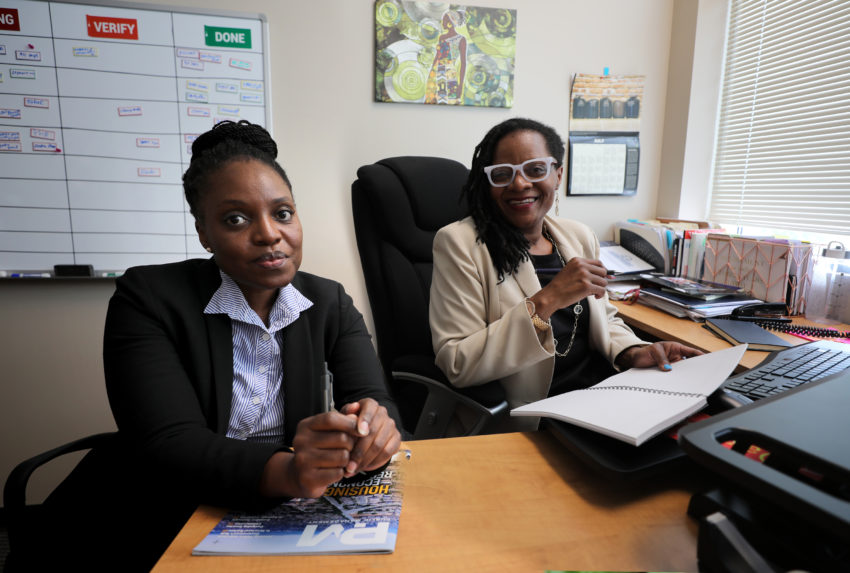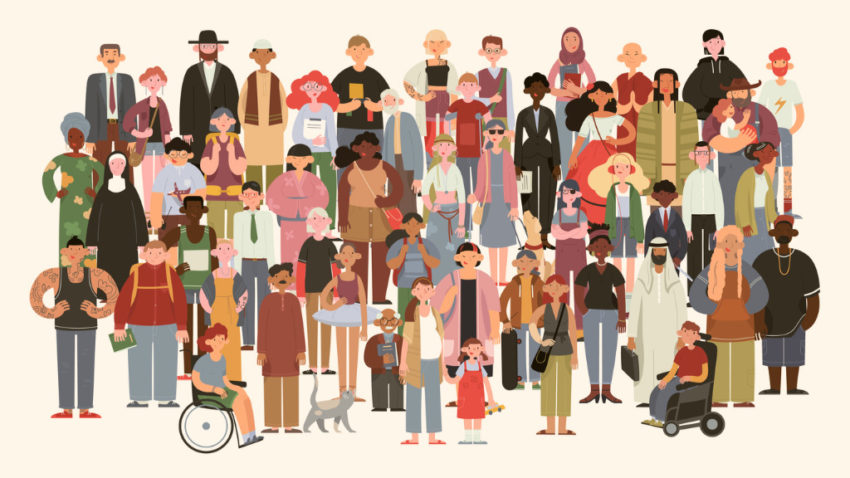How State and Local Leaders Can Build on the American Rescue Plan to Implement the $1.2 Trillion Infrastructure Investment and Jobs Act
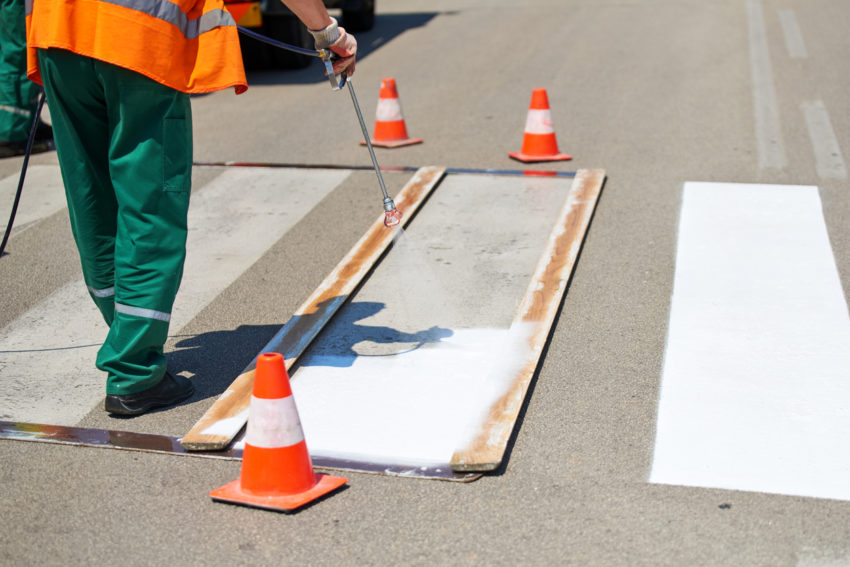
In November 2021, Congress passed the $1.2 trillion bipartisan Infrastructure Investment and Jobs Act to rebuild roads, expand access to clean drinking water and high-speed internet, and tackle climate change — with priority investments in Latino and other often left-behind communities. Although this bill adds new money to fix some transportation problems, it pours hundreds of billions into the same old highway programs that perpetuate those problems, like auto-dependence and dangerous roads. “Today’s transportation system works extraordinarily well for its original intended purpose, to build a national highway system, but fails to meet the climate, economic recovery, equity, and safety challenges of the present day,” according to the National Association of City ...
Read More
